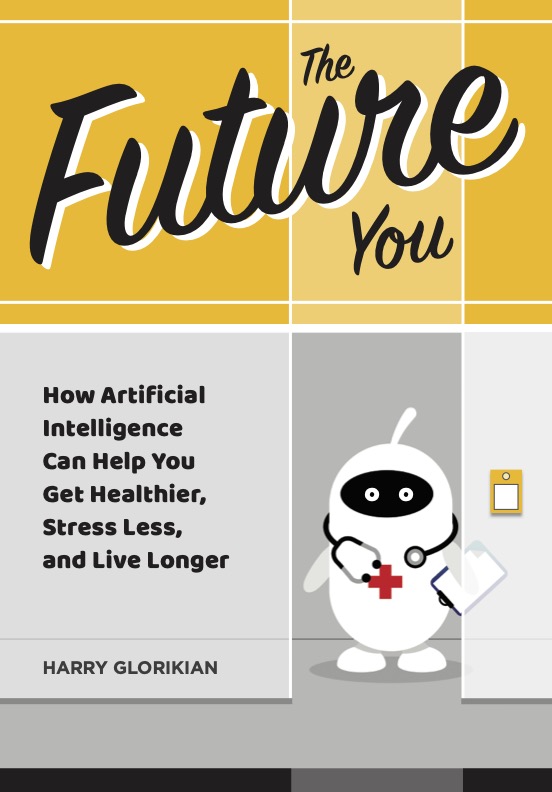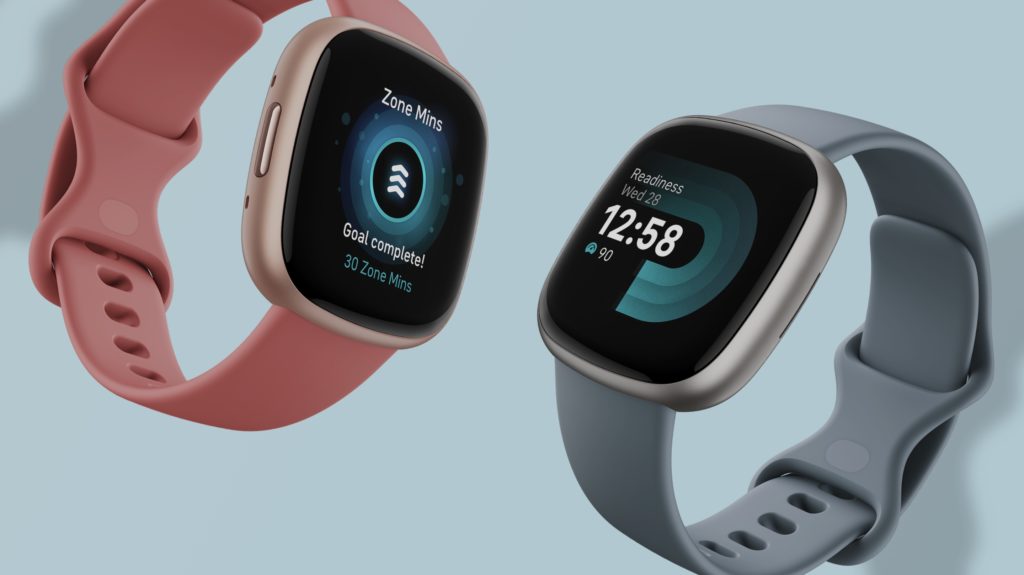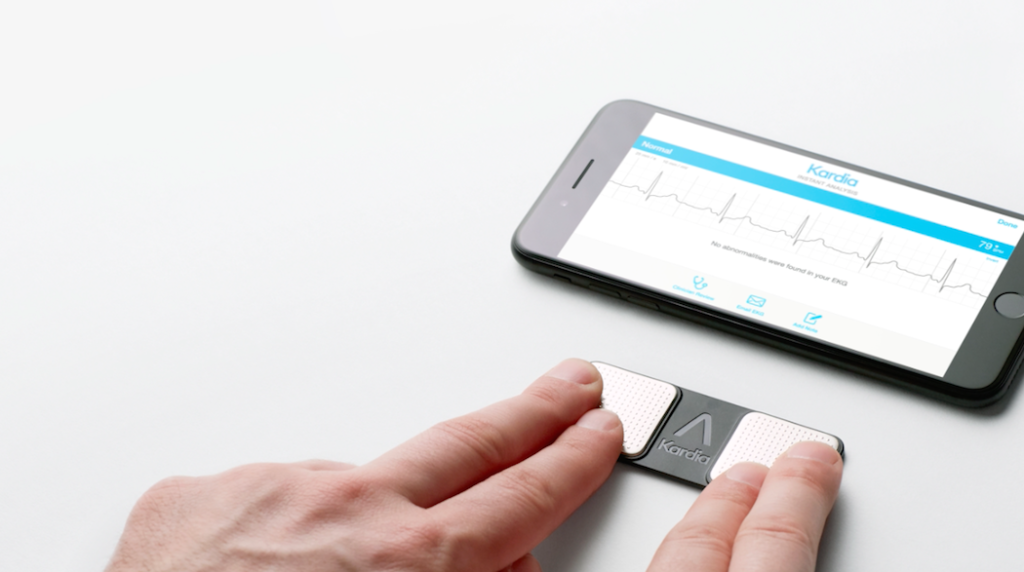Achieving Your Best Life/Health Ever: Using A.I. Wearable Technology
This is a special piece by Dr. Eric J. Leech published on urbanism.com. We talk about how AI wearables can help you live a better life. Let’s jump right in.
The age of Artificial Technology (A.I.) is here, and it is going to change your life. Some for potentially the worse, and others for the best. Whether you are in the crowd who laments the loss of humanity or welcomes AI’s “my logic is undeniable” (I, Robot, Film from 2004) guidance into your daily life, we have some potentially good news. AI-powered wearable tech may soon bridge the current, one-system-for-all medical system into a workhorse that considers each individual’s unique experiences.
What is missing from medical care today? The lack of a more personalized system, right? The current process seems to usher all similar groups down the same path of tests, drugs, and treatment plans rather than understand how each of our stories might suggest a different approach might be in order. And what about self-care now that online screening/chats have become more of a thing than they ever have? We spend more time with our devices and less time with our doctors these days, so the answer to a more personalized system is literally staring you right in the face (perhaps even at this very minute).
Who can get more personal and detailed about your life, activity, and physical responses to these actions, other than your favorite wearable tech? Think of such AI-powered devices as nurse practitioners connected to your person 24 hours a day. They can learn your sleep patterns, and your body’s responses to various stimulation (stress, exercise, etc.), and in return they offer the opportunity to tweak those actions to see if you can achieve… well, what could only be described as a better life and improved health.
Think about it. Most of the world’s most feared chronic health issues involve a series of system failures that often follow before disease sets in. We may not have the cures for everything that ails us, but we do understand the progression of illness to some degree. We’re talking about stress, lack of sleep, poor eating habits, too much exercise (overtraining), or too little (sedentary). All of these early indicators are well within your reach thanks to AI wearables, and these can be found at your fingertips (your current smartphone) and/or at any corner drugstore in your neighborhood.

“Simple biometric sensors have been around for quite some time,” explains Harry Glorikian, biotech expert and author of The Future You: How Artificial Intelligence (AI) Can Help You Get Healthier, Stress Less, and Live Longer. “What we are seeing today is how these sensors, powered by artificial intelligence and machine learning, are providing actionable information to users.”
The information provided by these devices may be used to improve your mood, give you more energy, and stress less. Similar devices are also being used today (and to a greater extent in the future) by doctors to help guide patients toward better individual healthcare. “Applications such as Remote Patient Monitoring, Early Diagnosis, [and] Monitoring Chronic Conditions,” describes Glorikian. “Tomorrow’s wearables will alert you to oncoming illness, help manage chronic conditions, and help your physician tailor treatments to your unique needs.”
But do you know what is the true tragedy here? Not everybody is taking advantage of this technology. Sure, most people have wearable devices, but they are not always using them regularly, understanding the information they provide, using them as a guide to change aspects of their life, or purchasing the correct devices that would provide the most beneficial information for their specific challenges.
Well, what have you been waiting on? Oh, perhaps answers to these important questions:
What purpose should an AI wearable have in your life?
“Sleep tracking, exercise, etc.,” Glorikian rattles off two examples. “Once those questions are answered, then users can typically have the data needed to improve and/or adjust their area of focus.” What are the specific health challenges that you are trying to improve right now? If you are just looking for better health in general, exercise and your sleep patterns are a great place to start, as they often offer some of the most actionable improvements to your life.
“I utilize my wearables to give me insight into how much I can push my exercise based on how well I have recovered from the day before,” explains Glorikian. “I [also] use my wearables to track my sleep and with that data, I have learned what helps me get better rest – when I get better sleep, I have more energy and can think clearly – I am in a better mood and my body is given the time it needs to repair itself.”

But are we really in the age where AI-powered devices are not only capable but also affordable?
“From what I have seen Fitbit has the least expensive devices with the most potential,” Glorikian explains. The Fitbit Versa 4, for example, now has the capability to monitor your sleep patterns, heart rate, skin temperature, oxygen levels, and daily activity, and it does this all for a little over $200. On more of a budget, the Fitbit Inspire 2 can track sleep and heart rate, plus offer some personal guidance to reaching your current goals (with its included 1-year subscription).
Either of these wearable devices has the potential (if used, and used consciously) to reduce stress, sleep better, and exercise more productively. These general wearables would be useful to anyone, but…
Are there occasions when a dedicated AI device could be more useful when used in combination with these general devices?

“I would say that might be continuous glucose monitoring (CGM), or maybe something like the AliveCor Kardia ECG with a subscription,” Glorikian offers two such options. “Taking the CGM as an example – I have used two different systems that have helped me understand my diet and how different foods affect my glucose level. There are now certain foods I stay away from that have a negative impact on me – or find alternatives.”
And speaking of negative impact, are there any wearable options that might help improve mood and potentially, dare we say, happiness?
“Happiness?” Glorikian ponders. “Tough one. I would then wish to use one for myself. But, I do believe that the right device can keep a person motivated. And from my experience motivation can help people achieve their goals which for some gets them to a happy place.” Well, that sounds as if we are on the right track.
How to get started
“For anyone, I would say they should identify the data they want to understand as we discussed previously,” prescribes Gorikian. “Once that is done, then take the time to use the wearable so you understand the data.” And there is a learning curve to each device as they all have their own way of displaying the data they gather. Don’t let the complex nature of such information discourage you, as regular contact with this software will bring patterns that will enable you to better understand how these numbers impact your health through the choices you make.
“Once you understand the data, you can then set goals to improve that data over time,” Glorikian explains as the next steps. “Of course depending on what you are measuring.” And yes, this can all be done using your current smart device (most devices, that is), some clear goals (provided by you), and of course, a little inspiration. This is a great way to start, and then as your knowledge of yourself expands, you can decide if additional wearable devices might be in order.
It may be true that he who acts as his own doctor has a fool for a patient, but we’re not talking about diagnosing yourself. This is simply improving the ways you read and understand your body. Perhaps a more appropriate quote is, “If you are not your own doctor, you are a fool.” Here, Hippocrates was describing the method of taking part in your own healthcare. Paying attention to what you eat and what you do, as most illnesses follow a process that quite frankly you have the best seat in the house to identify before anyone else.
Take charge of your life and health, because no other professional will ever be as invested in that as you.